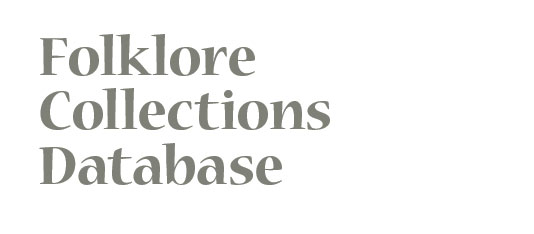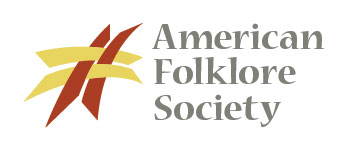

The NFAI is made possible by generous support from the Humanities Collections and Reference Resources program of the Division of Preservation and Access of the National Endowment for the Humanities .
Folklore archival collections—unpublished multi-format collections of materials created in the field that document traditional cultural expressions and knowledge—comprise one of our nation’s most valuable cultural resources, but scholars, public humanists, teachers, students, and community members can access these materials only with difficulty. These collections exist in a wide variety of institutions. Many of them are not formal archives or libraries, and lack the means to build and maintain an infrastructure to coordinate this work.
To begin to address these issues, NFAI has developed this open-access Web-based database, which provides information about folklore archival repositories and collections across the United States. It includes a cataloging template based on national descriptive standards that is designed for the needs of multi-format folklore archival collections.
Archivists at 12 test sites are now testing this cataloging tool by entering information about their collections:
Academic Programs
Maine Folklife Center, University of Maine, Orono
Michigan State University Museum, East Lansing
Center for the Study of Upper Midwestern Cultures, University of
Wisconsin, Madison
Oregon Folklife Program, University of Oregon, Eugene
Non-Profit Organizations
Alliance for California Traditional Arts, Fresno
City Lore, New York, New York
Institute for Cultural Partnerships, Harrisburg, Pennsylvania
Philadelphia Folklore Project
Vermont Folklife Center, Middlebury
Western Folklife Center, Elko, Nevada
State Arts Agencies
Louisiana Folklife Program, Louisiana Arts Council, Baton Rouge
Maryland Folklife Program, Maryland Arts Council, Baltimore
In addition, the NFAI project team is carrying out a national survey to gather basic data about the folklore archival collections, many of them “hidden,” of a universe of several hundred folklore programs at academic institutions, community-based cultural and ethnic organizations, non-profit organizations, and state government-based cultural agencies across the US. We will include this information in the database as a first step toward improving the discoverability and preservation of these collections.
Future plans for the NFAI project include:
* Engaging and training more repositories to use the tool
* Creating long-term scalable solutions for user training
* Automating the ingest of existing archival records
* Completing of the development of an organizational infrastructure to
manage, govern, support, and sustain the NFAI for the long term
For more information on the NFAI project, please contact co-directors Steve Green of the Western Folklife Center, Andy Kolovos of the Vermont Folklife Center, or Tim Lloyd of the American Folklore Society.